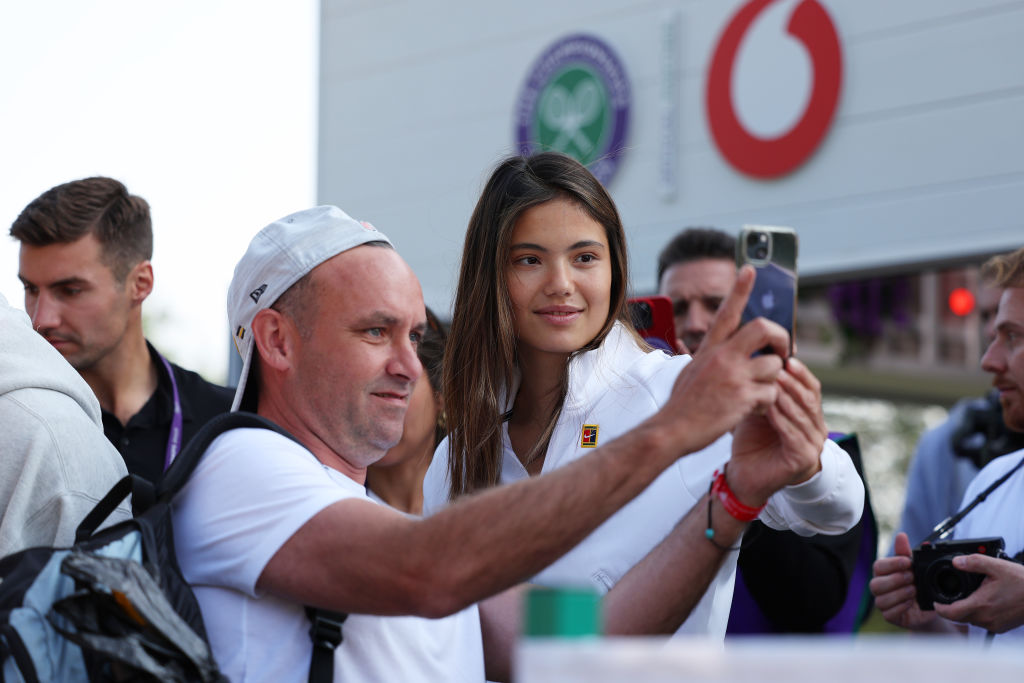HSBC and other sponsors not to blame for Emma Raducanu’s decline, insists agent

Emma Raducanu’s agent has rejected suggestions that a swathe of money-spinning sponsorships including HSBC and Vodafone have held her back since her sensational 2021 US Open triumph.
The British tennis player’s Grand Slam title brought her a swathe of deals with brands also including Dior, Porsche, British Airways and Nike which earned her £22m last year.
But she has struggled to build on that success, failing to reach a final and losing more matches than she has won since her breakthrough at Flushing Meadows, aged 18.
“I know people want to say, ‘She’s got the pressure.’ I think the pressure she has is that she won a great tournament,” agent Max Eisenbud told The Tennis Podcast.
“She wants that feeling again, and she wants to keep winning. I don’t think she is waking up and being like, ‘Oh my God, HSBC is mad.”
Eisenbud, senior vice-president at IMG, defended the global sports and entertainment agency’s management of Raducanu’s off-court matters.
“I know people want to say that the narrative [is] that IMG is bringing in all this money and making them take deals,” he added.
“Like, we are a pretty well-established company. We are not living and dying on a commission for Emma Raducanu. Our lights are going to stay on in the office.
“We could have done a hundred deals. A hundred. And she could be doing deals, and deals, and deals. They left millions and millions of dollars on the table.
“We don’t need that. We want to try to do the best thing for the client, so we have the client for a long time.”
Raducanu has been hampered by injuries which will prevent her from playing the US Open next month, but Eisenbud played down the impact of the player’s high turnover of coaches on her form.
The 20-year-old last month parted ways with Sebastian Sachs, the fifth coach that she and her father Ian have employed in the last two years.
“All the way through the juniors, they never had coaches a long time, so for them that’s calm waters – having a coach for four to five months and then going on to someone else,” he said.
“It’s probably going to be like that for the rest of her career. I’m not saying it is right or wrong, but that is the way they have done it, and I think it is fine to do things differently.
“We are not sitting in a sport that has a plethora of great coaches – maybe eight, nine or 10 great coaches. Most of the great, great coaches don’t want to travel for 35 or 40 weeks a year and leave their families.
“So you have a small pool that are willing to travel and charge very little money, so they keep getting recycled and recycled. That is why you see coaches hopping around.”
